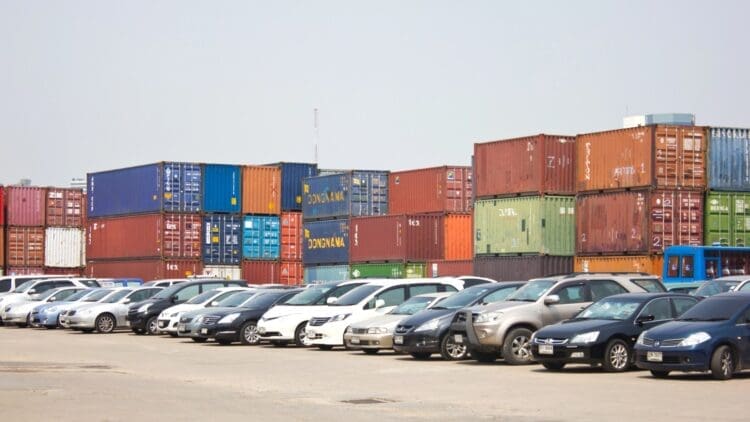The Antwerp-Bruges port has seen a significant dip in traffic over the first half of this year. In the first six months of 2025, the port saw a 4.3% decline in weaker bulk volumes, which has compounded the issues facing the energy sector across the European region. Port and rail traffic have seen sharp declines that have resulted in higher prices across several sectors. Port officials warn that if the trend continues, the lasting impact will adversely affect the population in the region and the world as a whole.
Continued congestion is raising the pressure on terminals in Europe
Ports play a crucial role in the global transportation sector and will continue to do so for the foreseeable future. The energy sector is among the many industries that have been affected by global inflation. The insurmountable congestion at Europe’s ports has been a result of a variety of factors, including logistical challenges and market developments.
During the first half of this year, the Port of Antwerp-Bruges saw a total throughput of around 137.2 million tonnes, a decrease of 4.3% compared to the same period last year. The issues that North West Europe has been facing are consistent with the trends taking place across several markets. Bulk volumes experienced a significant decline, but all is not lost, and the container throughput increased during the same period.
Port officials have stated that renewed cooperation with the United States has resulted in a positive outlook for the future
The global trade and cooperation taking place across several industries is a promising sign that all is not lost in the sector. Overall, container traffic held up against the issues faced by the port, increasing by 3.6% in tonnage (to 77 million tonnes) and 3.7% in TEUs (6.91 million TEUs) compared to the first half of 2024.
Several key factors are contributing to the issues faced by the port of Antwerp-Bruges. One major issue has been the irregular arrivals of container ships at the port, which has been exacerbated by a forced rerouting around the Cape of Good Hope in South Africa. Port officials have stated that conventional cargo has declined by 4.3 percent, mostly due to weaker steel and iron traffic.
They also pointed out that the situation will improve, thanks in part to tightened European import restrictions on cheap foreign steel and China’s planned reduction of steel overcapacity. The United States has also seen a significant drop in rail traffic during the first half of this year, so the Europeans can take solace in the fact that they are not alone.
The port’s leadership made a statement that addresses the issues faced at the crucial transportation hub for several sectors.
“In a challenging economic climate, we continue to demonstrate our resilience as a port. The growth in container traffic proves the strong foundations of Port of Antwerp-Bruges, even as bulk traffic comes under pressure and congestion is felt across North-West Europe. Our consistently strong trade relationship with the United States confirms our role as a transatlantic gateway to Europe. At the same time, current capacity pressures and operational challenges highlight the need for additional container infrastructure. With the ECA project, we are focused on building for the future so that we can continue to support sustainable growth.” – Jacques Vandermeiren, CEO Port of Antwerp-Bruges
Port traffic will return to normal volumes if the trend continues at the Antwerp-Bruges terminal
The volume decline represents the current state of affairs in the global economy. Inflation and congestion resulting from the COVID era have placed added pressure on several key ports around the world. However, the trend on display at the Antwerp-Bruges port represents the global cooperation that the world is looking to strengthen. Climate change will continue to play a role in the transportation hubs across the world, and the port of Antwerp-Bruges is no exception. Time will tell if the situation improves.






